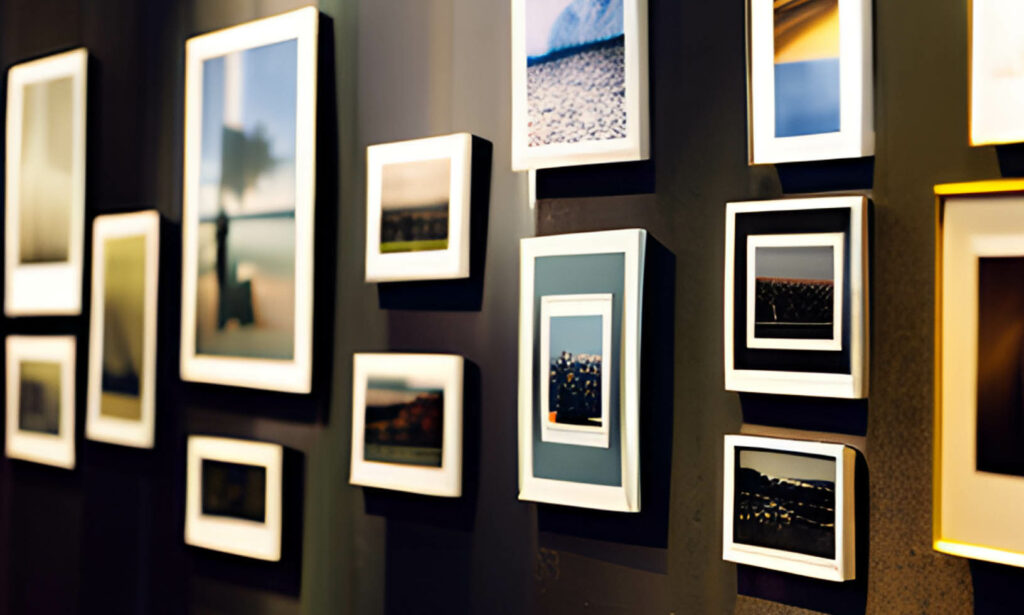
Starting an art collection can be a rewarding and fulfilling endeavor. Here are some steps to help you begin your art collection:
- Define your interests and preferences: Determine the type of art that resonates with you. Explore different art styles, periods, mediums, and genres to identify your personal preferences. This will provide a clear direction for your collection.
- Educate yourself: Develop knowledge about art history, artists, and the art market. Visit museums, galleries, and art fairs to see a variety of artworks firsthand. Read books, attend lectures, and follow reputable art publications to stay informed about current trends and developments.
- Set a budget: Establish a realistic budget for your art collection. Artworks can vary significantly in price, so determine an amount that you are comfortable spending on acquiring artworks. Remember to consider not just the purchase price but also potential costs for framing, shipping, and insurance.
- Start small: Begin your collection with affordable artworks. Look for emerging artists, prints, limited editions, or smaller-sized works that fit within your budget. Starting small allows you to refine your tastes, gain confidence, and learn about the art market without making substantial financial commitments.
- Visit galleries and art events: Explore local galleries, art exhibitions, and art events in your area. Engage with gallery owners, curators, and fellow art enthusiasts. Attend art openings, artist talks, and community events to expand your network and gain insights into the art scene.
- Online platforms: Utilize online platforms and marketplaces dedicated to art sales. Websites like Artsy, Saatchi Art, and Etsy offer a wide range of artworks for sale, providing opportunities to discover emerging artists and access a global art market.
- Consider art from emerging artists: Keep an eye on emerging artists who are still in the early stages of their careers. Acquiring works from emerging artists can be an exciting way to support their development and potentially benefit from their future success.
- Engage with the artist community: Attend artist talks, workshops, and open studio events to interact with artists directly. Building relationships with artists can provide a deeper understanding of their work, and you may have the opportunity to purchase artworks directly from them.
- Authenticity and provenance: When acquiring artworks, ensure their authenticity and verify their provenance. Seek certificates of authenticity, receipts, or any supporting documentation that authenticates the artwork’s origin, authorship, and history.
- Trust your instincts: Ultimately, trust your own judgment and instincts when selecting artworks for your collection. Buy artworks that genuinely resonate with you and evoke an emotional response. Your personal connection with the artwork is what will make your collection meaningful and unique.
- Seek professional advice if needed: If you are uncertain or want more guidance, consider consulting an art advisor or consultant. These professionals can offer expertise, assist with art selection, and provide insights into the art market.












